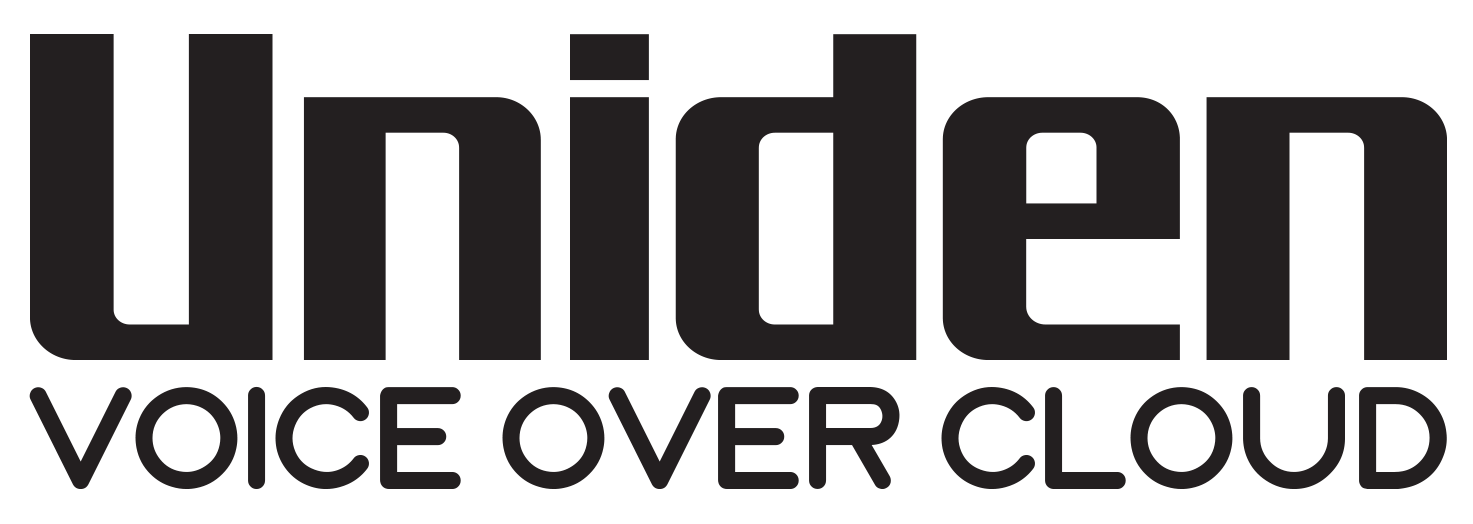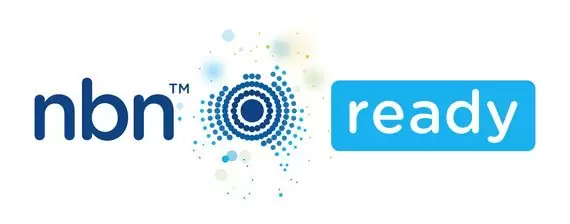Identifying the best PBX phone system for a small business in Australia
The Australian PBX phone system market is on the rise. Research shows the hosted IP PBX market is expected to grow by 15% between 2019 and 2025. This creates an interesting opportunity for businesses that are contemplating the use of cloud-based solutions, particularly in situations where flexibility and scalability are important.
When it comes to choosing the best PBX phone system for a small business, several key factors should come into play. These can include anything from cost considerations to user-friendliness and security features.
Let’s explore how small enterprises can make informed decisions that will support your company’s growth and success.
Evaluate your business needs
The first consideration when choosing the best PBX phone system for a small business is to thoroughly go through the business’s needs. Think about your immediate needs and what you will require in the future as your growth plans take shape.
Consider how your business could scale in the coming years. Will you be opening new locations across the country or worldwide? Do you need to hire employees for these new locations? If so, one of the main considerations needs to be mobility. A study found that 84% of IT managers report that mobility is important and is one of the top boosters for PBX growth, highlighting the need for flexible, scalable solutions that can adapt.
You’ll also need to identify the features that your phone system will need to have. One way to do this is by listing the essential features your business needs. Common features to consider can include call forwarding, voicemail, auto-attendant, conference calling, call recording, and mobile integration.
Consider the number of users and the level of growth you expect. Take stock of how many employees need access to the phone system and estimate how this number might change over time. An analysis of this nature will help you choose a system that can accommodate your growth without requiring a complete overhaul.
Compare on-premises vs. cloud-based PBX systems
Before you purchase a PBX system, you need to understand the two main types of phone systems—on-premises and cloud-based (also known as hosted) systems.
Each comes with its own set of advantages. Let’s take a look.
On-premises PBX systems
- Costs and control: With this system, you purchase and own the hardware from the get-go. You may incur higher upfront costs if you decide to go this route.
- Customisation: On-premises systems often allow for customisation to meet specific business needs.
- Maintenance: You'll be responsible for maintaining and updating the system. This may result in spending more on dedicated IT staff or ongoing support from a service provider.
Cloud-based PBX systems
- Cost-efficiency: Cloud-based systems are known to have lower upfront costs because you don’t need to purchase expensive hardware. Instead, you pay a monthly subscription fee based on the phone plan.
- Scalability: These systems are often more easily scalable because you can add or remove users as needed without substantial infrastructure changes.
- Maintenance and support: The service provider handles most maintenance and updates, reducing the burden on your IT staff.
Take your business’s needs into consideration. For small businesses in Australia, cloud-based phones are becoming popular because of their low initial cost and flexibility. Research suggests that 84% of businesses saw better cost savings after switching to cloud phones.
Assess cost and budget considerations
When planning to switch to the best PBX phone system for a small business, it’s important to consider initial and ongoing costs.
Calculate the setup costs. For cloud-based phones, you may need to consider purchasing compatible handsets and setup costs. Some providers may waive the setup costs so it’s important to keep an eye out for those.
While those are non-recurring costs, you may have ongoing costs coming into the picture in the form of:
- Maintenance and upgrades
- Subscription fees
- Support and training
- User licences as your business grows
You should also look beyond the raw numbers and consider ROI and total cost of ownership (TCO). Consider potential savings from increased productivity, improved customer service, and reduced maintenance costs.
It's worth noting that while cloud-based systems often have lower upfront costs, the ongoing subscription fees can add up over time. However, with the cost-saving benefits it has offered to 84% of businesses, your business may be able to balance this with the right phone plan that meets your budgetary requirements.
Look for user-friendly features
A PBX phone system is as effective as the team using it. When evaluating different options, prioritise systems with user-friendly features and interfaces that everyone can master.
Look for systems with clear, easy-to-navigate menus and interfaces. This will reduce the learning curve for your employees and help them make the most of the system's features.
Even with the most user-friendly system, your team may need some help navigating different options and features. Look for providers that offer training and support so that you have everything you need to succeed.
Remember that every business has unique needs, so it's important to choose a system that allows for some level of customisation. This might include the ability to set up custom call routing rules and number porting so that you don’t have to change your business’s phone numbers, to name a few.
Some user-friendly features to consider include:
- Visual voicemail
- Mobile apps for remote access
- Conference calling
- Call management interfaces
- Integration with CRM and productivity software
Remember, a system that's easy to use will be received well with minimal pushback from your staff and improve the overall efficiency of your business.
The best PBX phone system for a small business in Australia—it’s time to make the switch!
Choosing the right PBX business phone systems for your company is a crucial decision that can impact your operations and growth potential. By carefully evaluating your business needs, comparing the available cloud-based options, assessing costs, prioritising user-friendliness, and considering security and reliability, you'll be well-equipped to make an informed choice.
FAQs
How secure are cloud-based PBX systems?
Reputable cloud-based PBX providers implement strong security measures to protect your communications. These typically include end-to-end encryption, secure data centres, regular security updates, and compliance with data protection regulations.
Can I integrate a PBX phone system with my existing business software?
Many modern PBX systems, especially cloud-based ones, offer integration capabilities with common business software such as CRM tools and productivity suites. This integration can streamline workflows by allowing features like click-to-call from your CRM or voicemail-to-email functionality. Check with potential providers about specific integration options for your existing software.
Can I keep my existing phone numbers when switching to a new PBX system?
Yes. Most providers offer the convenience of keeping your existing phone numbers when switching to a new PBX system. This process is called number porting. Most reputable PBX providers in Australia offer this service and will handle the porting process for you.



